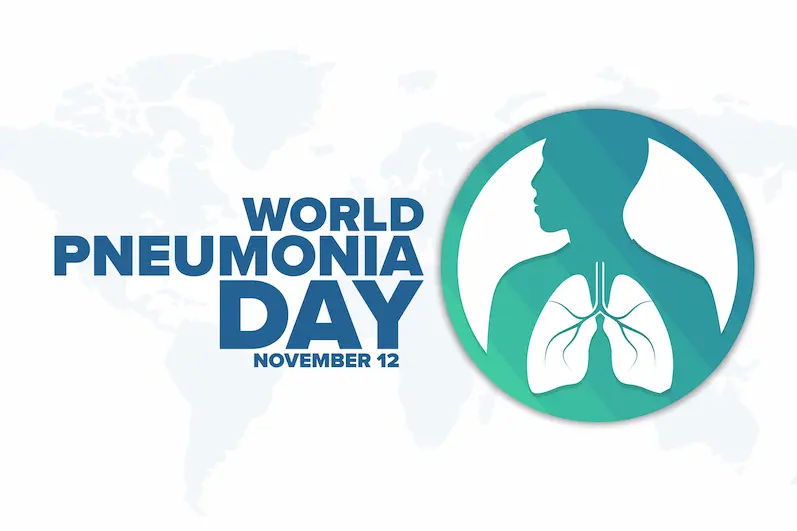- female
- 30 Years
- 29/01/2025
I'm really concerned because I've been having a fever that sometimes goes above 103C for the last four months. We've done all sorts of tests like for malaria and typhoid, and they've all come back normal. Blood cells are normal, urine culture, 2D echo, and blood culture are also normal. The fever seems to spike at night, reaching up to 103C, and taking DOLO P650 just makes me sweat a lot but doesnt really help long-term. What's going on here? Why is the temperature still high when everything else seems normal?
Answered by 1 Apollo Doctors
The persistent fever of over 103C for four months, despite normal test results, suggests a possible underlying condition that might not be easily detected through routine tests. It could be due to an autoimmune issue, chronic infection, or inflammatory disorder. It's important to follow up with a specialist for further evaluation and possibly more advanced testing.
Dr. Ranjith Suggests...
Consult a Infectious Disease specialist
Answered 04/07/2025
0
0

More Infectious Disease Health Queries
View allI'm really concerned because I've been on medication for the past three days, and I still have a 99.5-degree temperature. My test results showed that both typhoid and dengue IgM are weakly positive. Could there be something else going on, or is this type of fever expected? I'm not sure if I should be worried or if this is normal recovery.
You are on the right side no need to worry it takes time for the medicine to act and the infection to come under control,consume bland diet and stay hydrated.
Answered by 1 Apollo Doctors
I'm dealing with this recurring infection caused by Staphylococcus aureus bacteria, and it keeps showing up every couple of months since it first appeared in January 2019. I've had it in various placeslike my knee, finger, chin, nose, and scrotum. Even after seeing multiple doctors and taking antibiotics like Linezolid and Clarithromycin, the infection just popped up again on my right scrotum, and every time it brings on a fever. I've even had surgery for a carbuncle on my knee under anesthesia. The pus and blood cultures both came back positive for Staph A, but my nasal swab results were negative both times, and blood cultures were too. I'm really struggling to figure out why this keeps happening and would appreciate any guidance on how to stop these infections from coming back. What could be causing this, and is there anything specific I should be doing to prevent it?
Recurring Staphylococcus aureus infections indicate a persistent underlying issue. To address this, consider: Medical Evaluation 1. Comprehensive metabolic panel (CMP) to rule out diabetes, kidney issues, or electrolyte imbalances. 2. Complete blood count (CBC) to assess immune function. 3. Erythrocyte sedimentation rate (ESR) and C-reactive protein (CRP) to monitor inflammation. 4. Staphylococcus aureus susceptibility testing to determine antibiotic resistance patterns. 5. Nasal swab and skin cultures to identify potential carriers. Infection Prevention Strategies 1. Personal Hygiene: Frequent handwashing, showering, and cleaning. 2. Skin Care: Moisturize, avoid irritants, and use antibacterial soap. 3. Antibiotic Stewardship: Avoid unnecessary antibiotic use. 4. Immunizations: Ensure up-to-date on influenza, pneumococcal, and tetanus vaccines. 5. Stress Management: Yoga, meditation, or deep breathing exercises. Root Cause Investigation 1. Carrier State: Nasal or skin colonization. 2. Underlying Conditions: Diabetes, eczema, or other skin conditions. 3. Environmental Factors: Contaminated surfaces or water. 4. Genetic Predisposition: Family history of Staph infections. Treatment Considerations 1. Long-term Antibiotics: Consider oral antibiotics (e.g., doxycycline or minocycline) for 6-12 months. 2. Topical Treatments: Antibiotic ointments or creams. 3. Surgical Intervention: Drainage or debridement for severe infections. Recommended Specialists 1. Infectious Disease Specialist 2. Dermatologist 3. Orthopedic Surgeon (for skin and soft tissue infections)
Answered by 1 Apollo Doctors
I was bitten by a dog about 13 years ago and didn't get any vaccinations at that time. I've come across some articles suggesting that rabies can appear even 25 years after a bite. I'm really concerned and it's been affecting my daily life. Should I consider getting the rabies vaccine now?
u tak vaccine
Answered by 1 Apollo Doctors
Disclaimer: Answers on Apollo 247 are not intended to replace your doctor advice. Always seek help of a professional doctor in case of an medical emergency or ailment.





